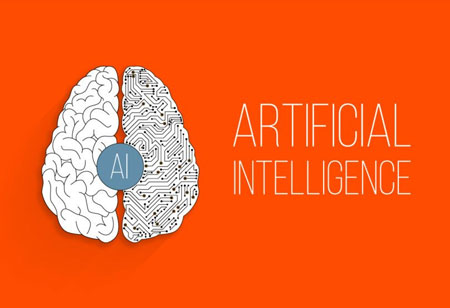THANK YOU FOR SUBSCRIBING
How AI will change enterprise mobility
Businesses have turned to AI to cope up with the challenges to productively speed up business processes

By
Apac CIOOutlook | Thursday, January 01, 1970
Stay ahead of the industry with exclusive feature stories on the top companies, expert insights and the latest news delivered straight to your inbox. Subscribe today.
With the increasing user engagement for mobile apps and web, businesses have turned to AI to cope up with the challenges to productively speed up business processes and effectively improve accuracy. For managing app priority and rearranging apps as per user preferences, nowadays enterprises extensively use smartphones with applications capable of understanding users’ habits. Smartphone manufacturers add AI to enhance device efficiency which helps to manage resources by prioritizing CPU, RAM, and ROM to optimize device performance by closing memory exhaustive apps running in the background. Another capability of AI used for app analytics that helps in gaining an understanding of the attitudes, opinions, and emotions expressed by customers is Sentiment Analysis. By analyzing the sentiments of the customers, it can provide the most relevant content and features making way for enterprises and app developers to transfer the burden of checking and managing app reviews to Appbot.
AI plays a pivotal role in providing a robust defense mechanism to the system against external threats and abnormalities by continuously watching over ongoing activities, detecting anomalies and triggering the alarm accordingly. AI automatically identifies anomalies that matter for a particular enterprise environment with its most in-depth knowledge of enterprise’s topology, dynamic baseline performance, and behavior. By applying learning models and algorithms, AI can automatically prioritize problems depending on their actual impact on the system and fix them through automated responses.
The popularity of chatbots has also increased due to the automation of functions such as communications and customer service for enhancing device efficiency. Chatbots platforms can include capabilities like integration with enterprise systems, language learning systems, voice and messaging platforms, chatbot store, and provide a secured platform with ease of integration, security, management, and monitoring.





